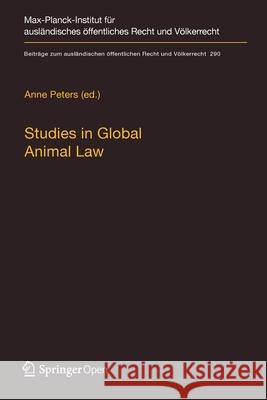Studies in Global Animal Law » książka
topmenu
Studies in Global Animal Law
ISBN-13: 9783662607589 / Angielski / Miękka / 2020 / 183 str.
Studies in Global Animal Law
ISBN-13: 9783662607589 / Angielski / Miękka / 2020 / 183 str.
cena 201,24
(netto: 191,66 VAT: 5%)
Najniższa cena z 30 dni: 192,74
(netto: 191,66 VAT: 5%)
Najniższa cena z 30 dni: 192,74
Termin realizacji zamówienia:
ok. 22 dni roboczych.
ok. 22 dni roboczych.
Darmowa dostawa!
Kategorie:
Kategorie BISAC:
Wydawca:
Springer
Język:
Angielski
ISBN-13:
9783662607589
Rok wydania:
2020
Wydanie:
2020
Numer serii:
000833953
Ilość stron:
183
Waga:
0.27 kg
Wymiary:
23.39 x 15.6 x 1.04
Oprawa:
Miękka
Wolumenów:
01
Dodatkowe informacje:
Wydanie ilustrowane











